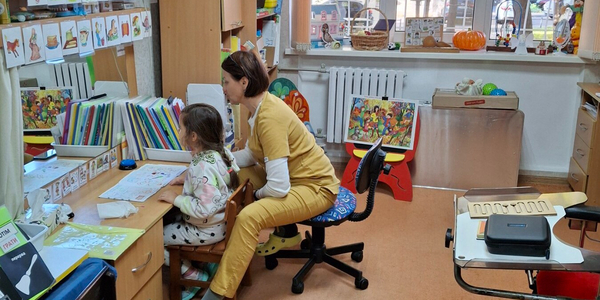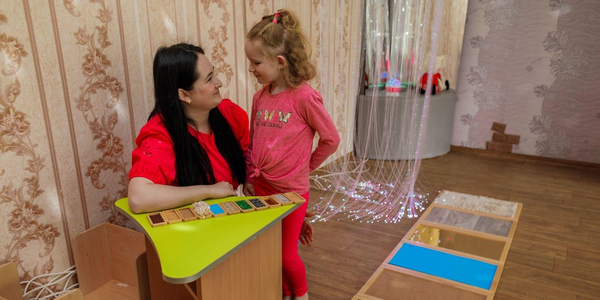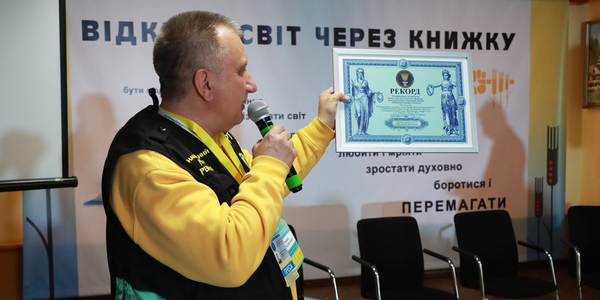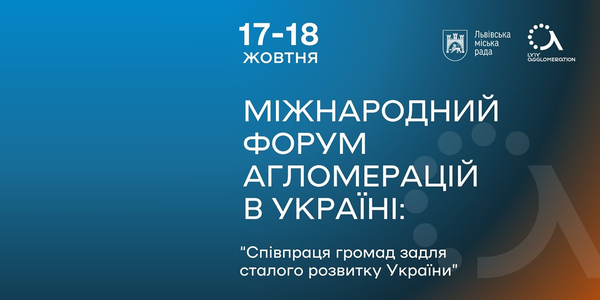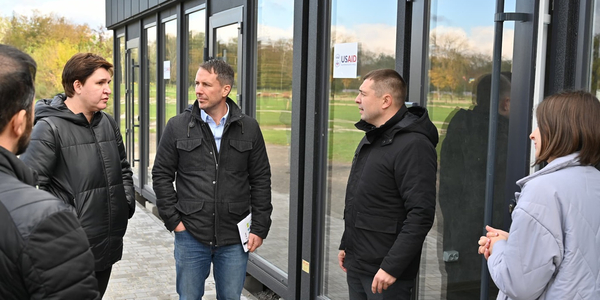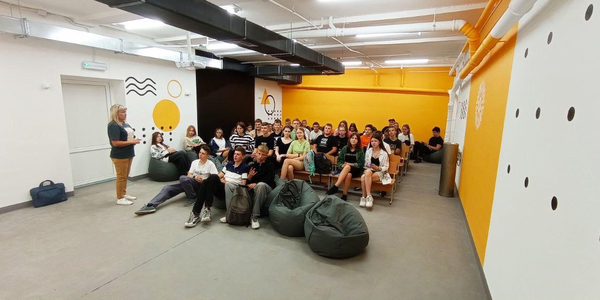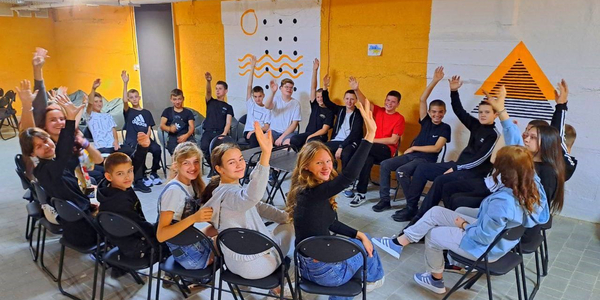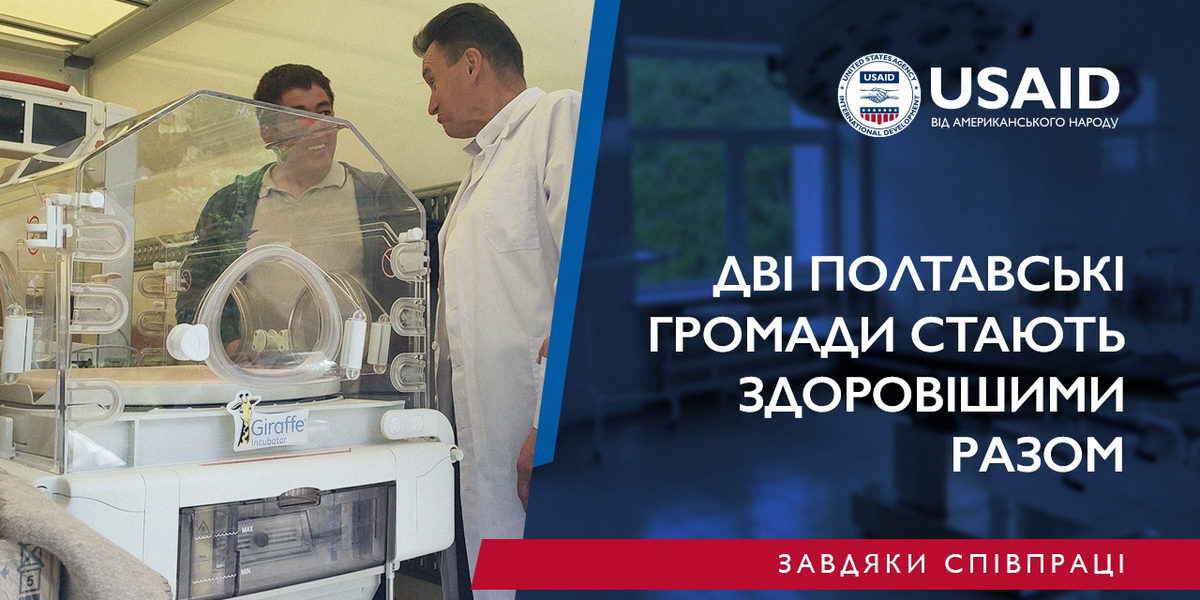
The decentralization reform divided the Lokhvytsia District of Poltava region into three communities: Lokhvytsia, Sencha, and Zavodske. The district hospital, which continued to serve the population of all three municipalities, became the property of only one of them - Lokhvytsia.
Financing from the state budget was insufficient for the hospital to function properly, so local budgets supplemented it. A problem appeared: to provide quality services in full and expand its range, the hospital needed the help of local councils. To solve this, the neighboring Lokhvytsia and Sencha communities signed an inter-municipal cooperation agreement to jointly fund the hospital used by the residents of both communities.
Viktor Burlei, the chief physician of the Lokhvytsia City Hospital, notes how helpful intermunicipal cooperation can be for communities and beneficial for residents:
“Thanks to the agreement on the joint maintenance of the hospital, the issues of consistency and transparency in planning the management of the healthcare facility are resolved, which allows us not only to maintain the hospital but also to develop the latest methods of treating patients”.
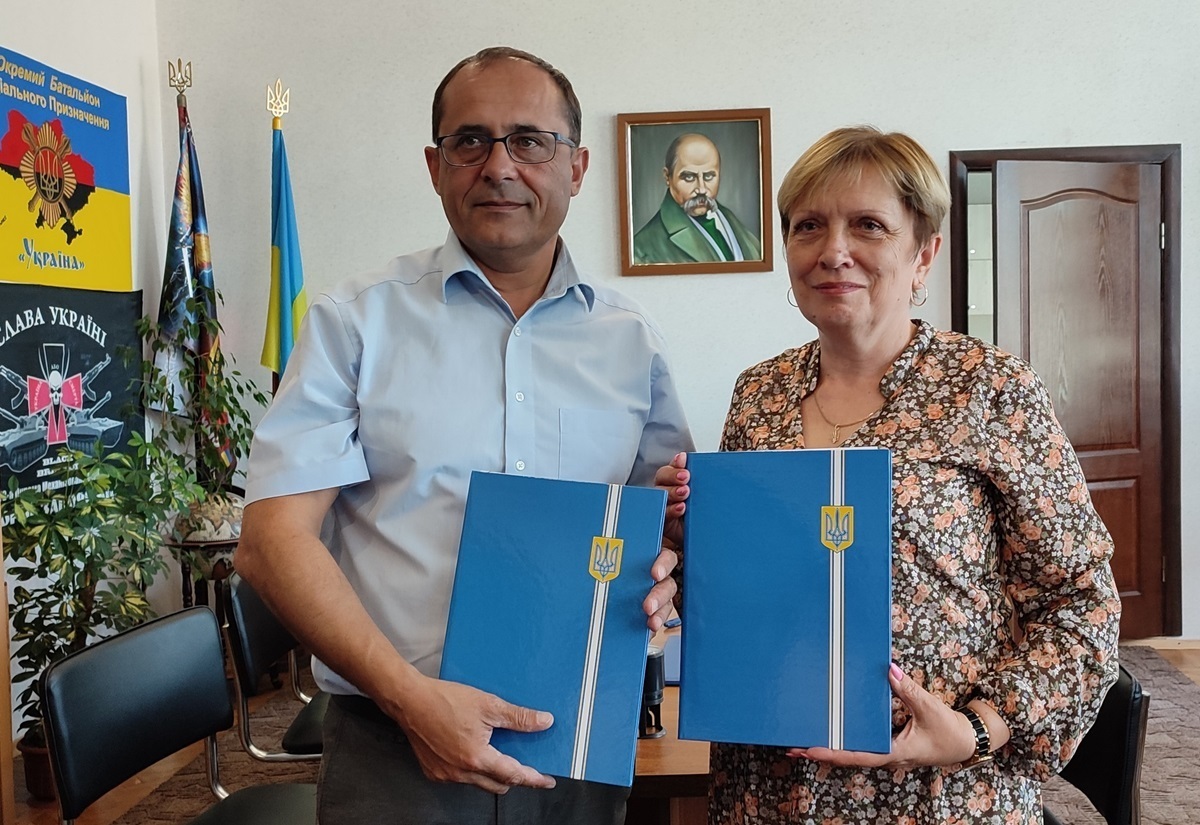
“One of the most significant examples of our cooperation is purchasing modern, expensive medical equipment that not every hospital can boast of – a laparoscopic stand. This equipment made it possible to expand the scope of surgical services to our residents”, shares his experience Viktor Radko, head of the Lokhvytsia community.
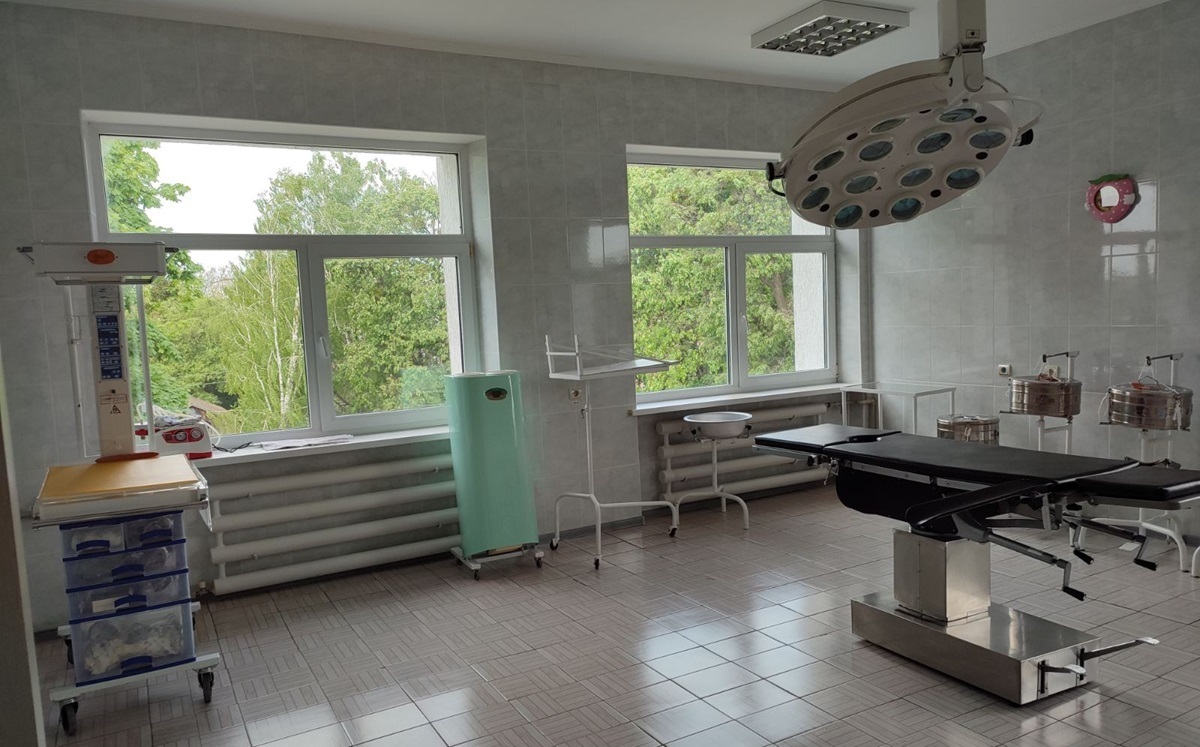
“In 2023, I underwent surgery in a timely and high-quality manner. They saved my life by performing an emergency operation. I want to emphasize that the hospital employs experienced specialized doctors who are also partially paid from the Sencha budget,” says Tetiana Murzak, a resident of the Sencha community.

The USAID HOVERLA Activity supported the community's initiative in making decisions and preparing and signing the agreement. The painstaking process required time and attention, as it was necessary to consider the opinions of the institution's residents, deputies, and employees. Therefore, even the issue of starting work on the agreement was submitted to the session of each of the councils.
“The health of the residents of the Sencha community is a priority for the community. The rural population should receive quality medical care,” says Natalia Slipukhova, head of the Sencha community.
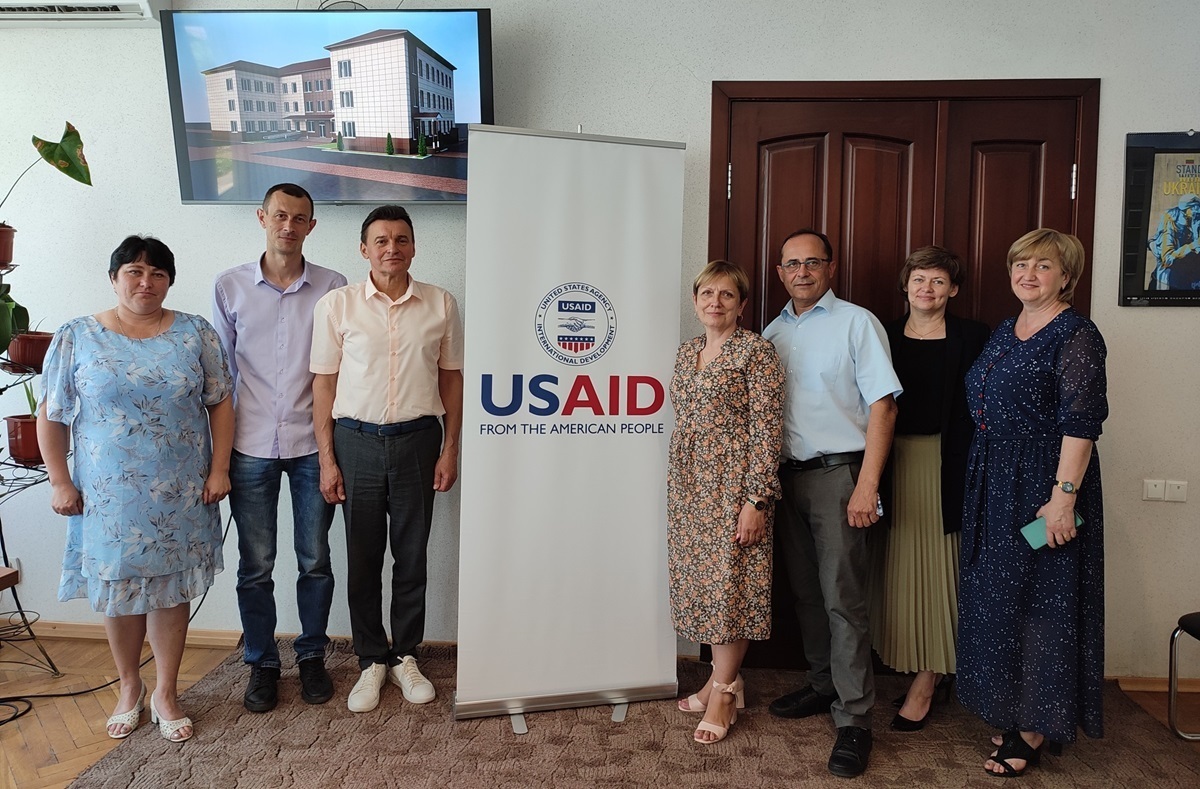
Due to the cooperation between the communities, the hospital's material and resource base was significantly improved, which positively impacted the quantity and quality of services provided to residents of the partner communities. The hospital solved its problems quickly, which is extremely important under martial law.
In the future, the communities plan to cooperate in energy and solid waste management.
As of today, 28 agreements have already been signed between communities across Ukraine with the support of the USAID GOVERLA Project. This partnership helps to solve complex problems jointly and rationally using budget funds and resources to develop infrastructure and services. The project supports partner communities in establishing inter-municipal cooperation, which is a catalyst for comprehensive development and post-war community reconstruction.
